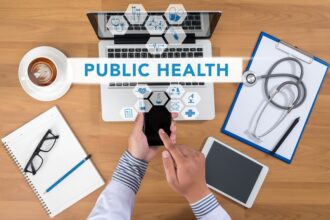Older people with short life expectancies often receive aggressive, expensive treatment for non-threatening skin cancers, receive little benefit from the treatments, and experience inconvenience, side effects and complications.
Older people with short life expectancies often receive aggressive, expensive treatment for non-threatening skin cancers, receive little benefit from the treatments, and experience inconvenience, side effects and complications. This news is hardly surprising — I’ve written before about people with low life expectancies receiving unneeded screening and treatments (the overuse of mammography in elderly women with cognitive impairment) — but it’s disturbing.
The JAMA article indicates that only three percent of these cases were not treated. To me that indicates three things: a general bias toward action in American medicine, a special fear of cancer, and the financial incentives to perform procedures. I agree with the NY Times suggestion that we use the term “abnormal cell clusters” rather than cancer, since they are so unlike other more dangerous cancers.
It’s worth keeping situations like this in mind when considering how to restructure Medicare, which will be necessary in order to get the federal government’s finances in line. More cost sharing and the promotion of shared decision making for conditions like this would be a good first step.







